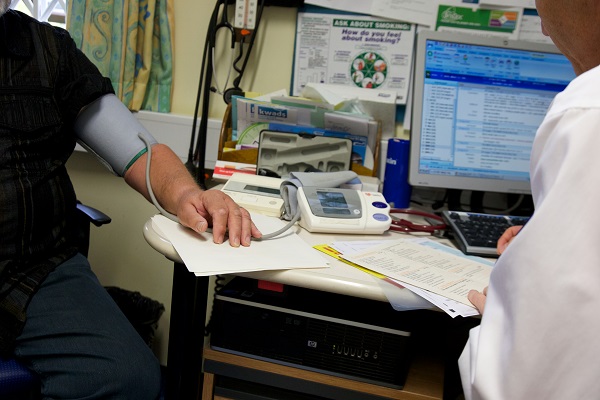Many GPs believe that their consultations are increasingly complex and demanding, thanks to changes in the population and greater expectations of what GPs should do within a 10-minute consultation. Researchers at the University of Bristol’s Centre for Academic Primary Care and the University of Oxford have developed and validated a new measure of complexity in primary care, which could help with allocating resources based on the practice population’s level of need.
Details of how the measure was developed and validated were published in the British Journal of General Practice in December.
A panel of 32 GPs reached consensus on the types of patients and problems which made consultations complex, for example patients who are homeless or consultations about drug misuse. Each of these factors was checked for whether they made consultations longer than average. This led to a final list of 17 complexity factors.
Almost half (42 per cent) of consultations included at least one of these factors. Using this complexity measure, it should be possible to see which practices need more support, staff and resources to meet their patients’ needs.
Professor Chris Salisbury from the Centre for Academic Primary Care and lead author of the study, said: “GP consultations are not necessarily simple – many involve patients with complex and difficult problems. Growing GP workloads due to rising consultation rates may be compounded by increasing complexity of consultations. A valid and reliable measure of consultation complexity is needed to explore these effects but there are no well-accepted measures.
"This validated measure will help explore whether the complexity of GP consultations is increasing over time, and also whether some practices have a more complex workload and need more resources than others. We encourage its use by researchers, managers and health care policy makers to help inform decisions about staffing and resource allocation.”
The research was funded by the NIHR School for Primary Care Research, NIHR Applied Research Collaboration Oxford and Thames Valley, and the Nuffield Department of Primary Care Health Sciences, University of Oxford.
Paper: Measuring the complexity of general practice consultations: development and validation of a complexity measure by Chris Salisbury et al. Published in British Journal of General Practice, 22 December 2020.
Further information
About the Centre for Academic Primary Care
The Centre for Academic Primary Care (CAPC) at the University of Bristol is a leading centre for primary care research in the UK, one of nine forming the NIHR School for Primary Care Research. It sits within Bristol Medical School, an internationally recognised centre of excellence for population health research and teaching. Follow us on Twitter: @capcbristol.
About the National Institute for Health Research
The National Institute for Health Research (NIHR) is the nation's largest funder of health and care research. The NIHR:
- funds, supports and delivers high quality research that benefits the NHS, public health and social care
- engages and involves patients, carers and the public in order to improve the reach, quality and impact of research
- attracts, trains and supports the best researchers to tackle the complex health and care challenges of the future
- invests in world-class infrastructure and a skilled delivery workforce to translate discoveries into improved treatments and services
- partners with other public funders, charities and industry to maximise the value of research to patients and the economy.
The NIHR was established in 2006 to improve the health and wealth of the nation through research, and is funded by the Department of Health and Social Care. In addition to its national role, the NIHR supports applied health research for the direct and primary benefit of people in low- and middle-income countries, using UK aid from the UK government.
